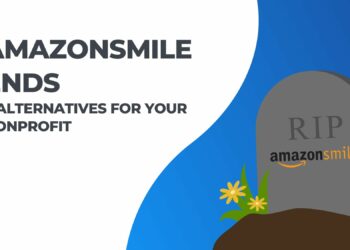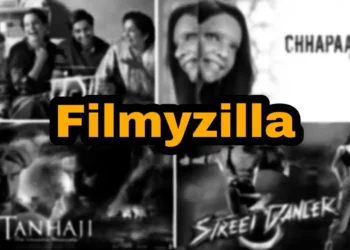Over the past few years, virtual events have soared in popularity as businesses look for ways to stay connected to their audience, regardless of the physical distance between them. On top of that, these digital “get-togethers” offer a unique opportunity for brands to get creative and craft engaging experiences for their attendees.
But, in order to reap the rewards of hosting a virtual event, you’ll need to put in some work to promote it. After all, competition for consumer attention is at an all-time high – especially in the digital space. That’s why it’s essential to have a well-thought-out virtual event marketing strategy that has the best chance of drawing in the crowd and getting people talking.
Not sure where to get started? Don’t worry, we have you covered. From leveraging social media to creating a pre-teaser campaign, here are some of the best ways you can market your online event and turn it into a major success.
Defining Your Event’s Unique Selling Point (USP)
Just as you need to have a USP to stand out from the competition in regular sales and marketing, you need to define your virtual event’s unique selling point in order to make it stand out for potential attendees. After all, there’s no shortage of events available online – you’ll need something that sets your event apart from the rest.
Ask yourself questions like: What makes my event special? How can I make it more engaging? What unique features can I include? Once you’ve identified your event’s USP, make sure to showcase it in all of your virtual event marketing materials and campaigns. This will ensure that your event grabs the attention of potential attendees and stands out in their minds.
If you’re struggling with ideas on how to make your event unique, here are a few tips to get you started:
- Giveaway exclusive prizes or rewards to attendees
- Feature special guest speakers with engaging topics
- Create a theme or narrative that your event follows
Crafting a Compelling Event Description
Your event description is one of the first things potential attendees will see when they come across your event. With this in mind, it’s important that you craft a compelling and detailed description of what people can expect. This should include information such as the agenda, speakers, topics to be discussed, and any other pertinent information.
Also, don’t forget to include your event’s USP in the description. This will give people a better idea of why they should attend and make them more likely to register. Here are some tips to help you create an effective event description:
- Keep it short and to the point. Use clear, concise language and avoid using jargon.
- Include information about the format, schedule, and any interactive elements.
- Use persuasive language and CTAs to encourage attendees to register.
- Make sure to proofread for any errors or typos.
Social Media and Email Marketing
It goes without saying that social media and email marketing are two of the best ways to spread the word about your event. By utilizing the platforms and networks you already have access to, you can reach a much wider audience than with traditional methods – and you can do it quickly and cost-effectively.
When it comes to social media, consider creating a dedicated hashtag on platforms such as Instagram and Twitter for your event so that people can easily follow and interact with the conversation. Also, don’t forget to post regularly leading up to your event as well as on the day of. You can also set up a reminder on the day for people to join in.
As for email marketing, make sure to create a compelling email campaign that will draw people in and encourage them to attend. Be sure to keep your subject line short and to the point, and include relevant images and videos. You can even offer email subscribers exclusive discounts or deals for registering.
Influencer and Partner Promotion
When you have the budget for it, influencer and partner promotion are incredibly effective strategies for marketing your event.
When it comes to influencers, the key is to find someone who is relevant and has a large following. Once you’ve found them, negotiate their fee for promoting your event on their channels. You could even extend an invitation for them to be a special guest speaker or host a Q&A. Having the right influencer advocating for your event could create tremendous engagement and interest.
Partner promotion is also helpful when trying to build your attendance. Reach out to businesses or organizations whose audiences align with yours, and offer discounts or rewards for their followers (or commissions if they get enough people to sign up).
Utilizing both influencers and partners can prove powerful in promoting your event, just be mindful of your budget and make sure you leave yourself with enough room to turn a healthy ROI.
Finally, what better way to get people excited about your event than by creating a pre-event teaser campaign? This could involve releasing videos, images and other content to give potential attendees a sneak peek at what’s in store.
Now that you have your USP, this is the time to really show it off. Give people a taste of what they can expect, highlight any unique experiences or activities you plan to offer, and above all, make sure to keep the content engaging and interesting.
Final thoughts
Successfully marketing a virtual event takes time, effort and creativity. But with the right strategies and tactics in place, you can ensure that your event reaches its intended audience and that people show up when it’s time for it to go down.
Don’t forget to measure and track your results – that way you can ensure you’re maximizing your efforts, and make adjustments if needed. Good luck!






